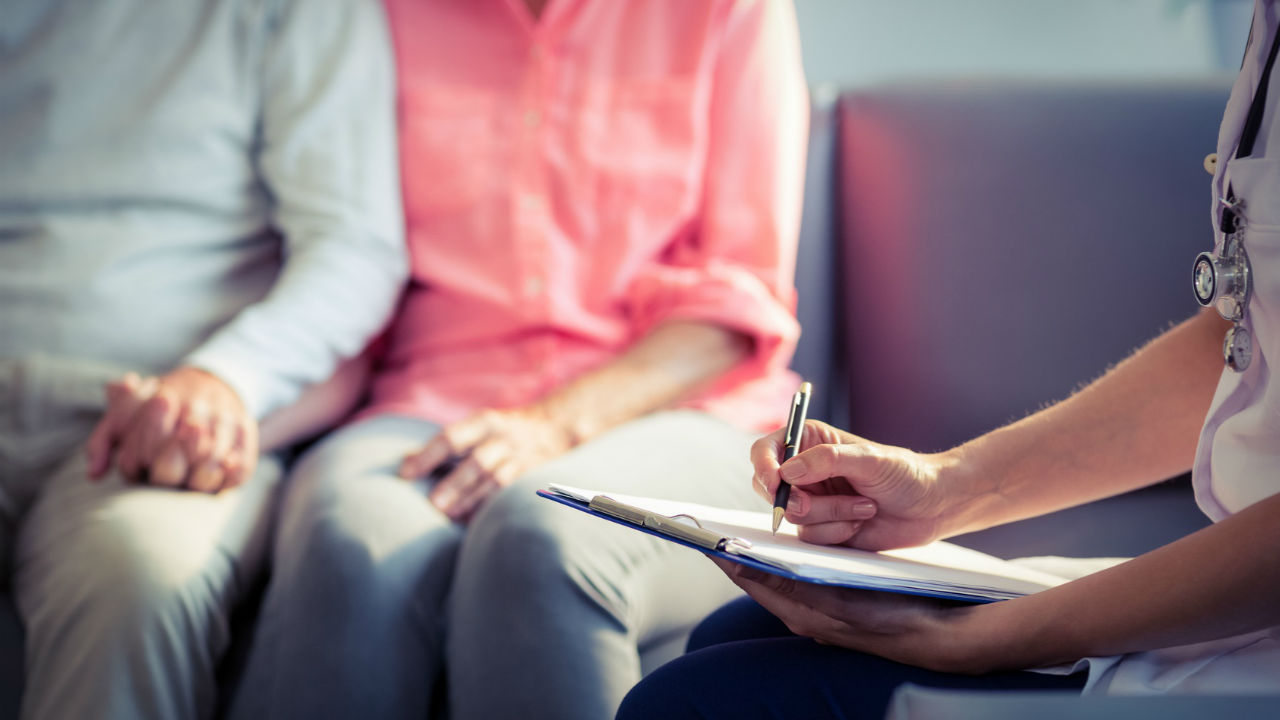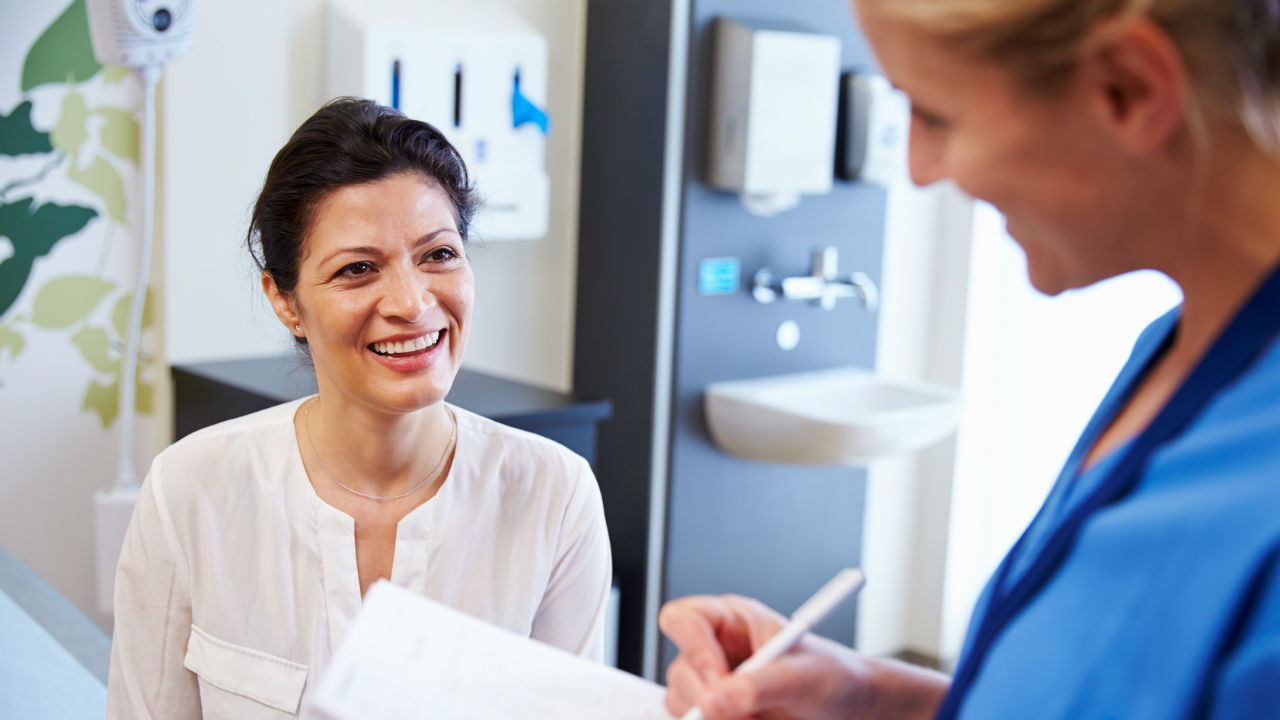 PS Productions/Photospin
PS Productions/Photospin
If you are a woman approaching or going through menopause, don’t blame your hormones for any weight you may gain. A recent review by the International Menopause Society determined that menopause does not actually cause women to gain weight.
But the fact remains that many women do gain weight around the same time as menopause, which can add up to about one pound per year. Research also shows that hormone changes around menopause may be responsible for the “spare tire” effect as women’s weight redistributes around the abdomen as belly fat.
Menopause occurs for most women between the ages of 45 and 55. It is a natural result of the aging process that occurs as a woman’s body gradually produces smaller amounts of the reproductive hormones estrogen and progesterone.
The good news is that menopause does not have to include weight gain. But most women will need to make appropriate adjustments to their exercise and diet for menopause to keep their weight under control and protect their bodies from health risks that may increase later in life.
As a general rule, women over age 50 need to decrease their calorie count by about 200 calories each day to maintain the same weight. Women in menopause should also be aware of health risks that increase as we get older.
Try these tips for a healthy menopause diet:
• Calcium
Osteoporosis or brittle bones is more common in women as they get older. Women over age 50 need about 1,200 milligrams of calcium a day to protect their bones. Two to four servings of dairy products or other calcium-rich foods including canned salmon, sardines, broccoli and legumes can fill this diet requirement.
• Iron
Women need a good supply of iron to make hemoglobin and myoglobin. These proteins work in the blood and muscles where they help transport and store oxygen. Three servings a day of iron-rich foods such as lean red meat, poultry, fish, eggs, leafy green vegetables and enriched grains can help meet the 8 milligram per day recommendation for older women.
• Fiber
A healthy menopause diet should contain about 21 grams of fiber each day. Good food choices include whole grain breads, pasta, rice, fruits and vegetables.
• Fruits & Veggies
Try to eat 2 cups of vegetables and 1 and ½ cups of fruit each day.
Reducing the amount of fat and alcohol you consume and drinking plenty of water can also help keep weight gain under control.
If you have questions about your diet for menopause, talk to your health care provider.
Sources:
Science Daily. Menopause Does Not Cause Weight Gain, but Increases Belly Fat, Major Review Finds. Web. May 20, 2013.
http://www.sciencedaily.com/releases/2012/10/121016084938.htm
Mayo Clinic. Menopause weight gain: Stop the middle age spread. Web. May 20, 2013.
http://www.mayoclinic.com/health/menopause-weight-gain/HQ01076/NSECTIONG...
Live Strong. What Kind of Diet to Follow When You Are in Menopause? Destiny Simmons. Web. May 20, 2013.
http://www.livestrong.com/article/450137-what-kind-of-diet-to-follow-whe...
Web MD. Menopause and Good Nutrition. Web. May 20, 2013.
http://www.webmd.com/menopause/guide/staying-healthy-through-good-nuitri...
Medline Plus. Iron. Web. May 20, 2013.
http://www.nlm.nih.gov/medlineplus/iron.html
Reviewed May 22, 2013
by Michele Blacksberg RN
Edited by Jody Smith






Add a Comment2 Comments
I have to disagree with the comments in this article.
As women age, the make less progesterone as the ovarian function declines and then fails. However, adrenal glands and adipose tissue aka FAT, synthesize estrogens. This creates an effect of estrogen dominance (even covered by Dr Oz!).
This leads to distribution of fat on the lower body.
Estrogen dominance is associated with subclinical hypothyroidism by increasing thyroid binding globulin and thereby causing the body to act like the thyroid hormone levels are 'low', leading to a slower metabolism and hence adds to weight gain.
Another point of contention is the controversy about taking calcium supplementation. Current recommendations are that women consume 3 or more cups of green leafy vegetables in a day to get calcium with Vit K and protect their bones.
May 22, 2013 - 11:52pmIt has been shown that taking more than 500mg of calcium as a supplement a day raises your risk for a heart attack, and that food sources are safest and best.
Sincerely
Dr. Natasha Iyer MD
www.better4life.ca
This Comment
what are the various exercises that women can do during menopause weight gain?
May 22, 2013 - 11:16pmThis Comment